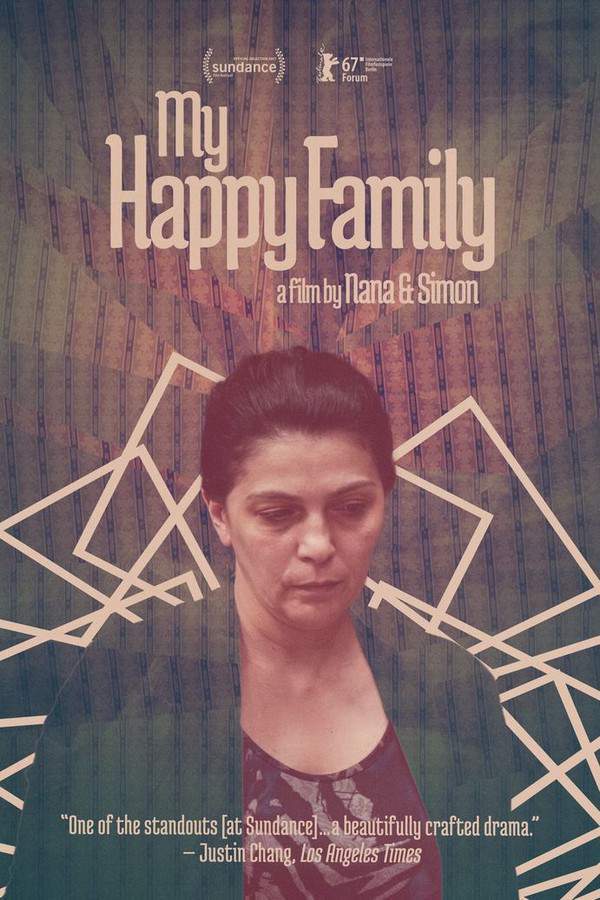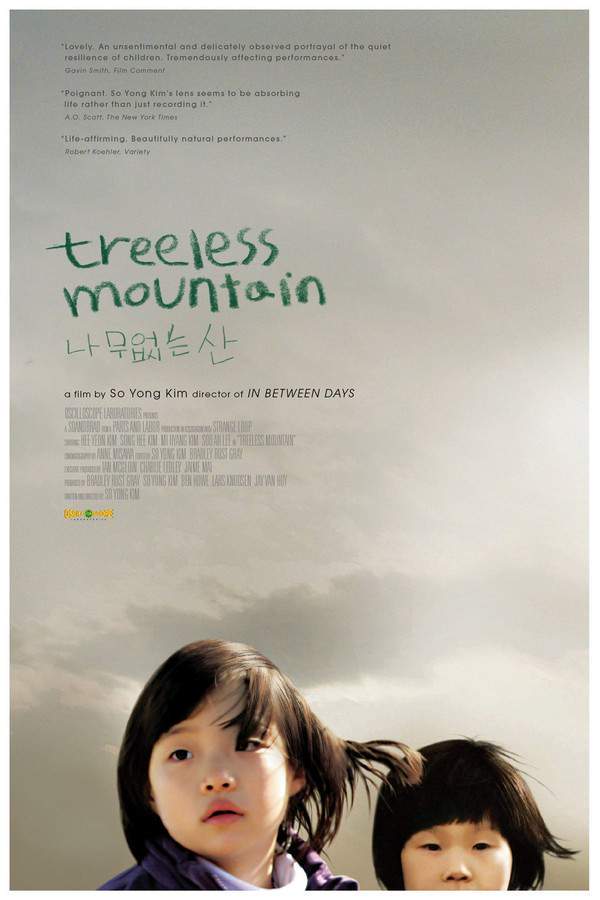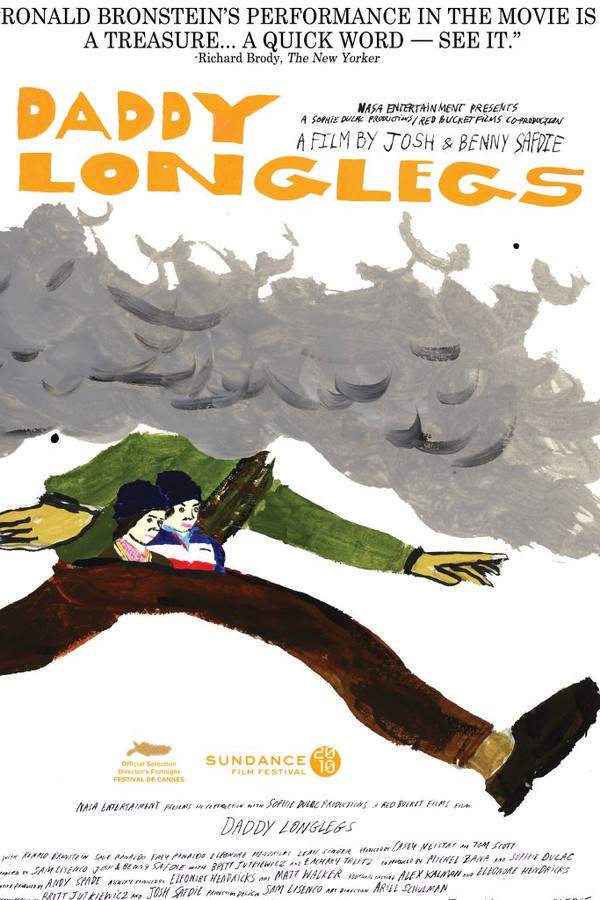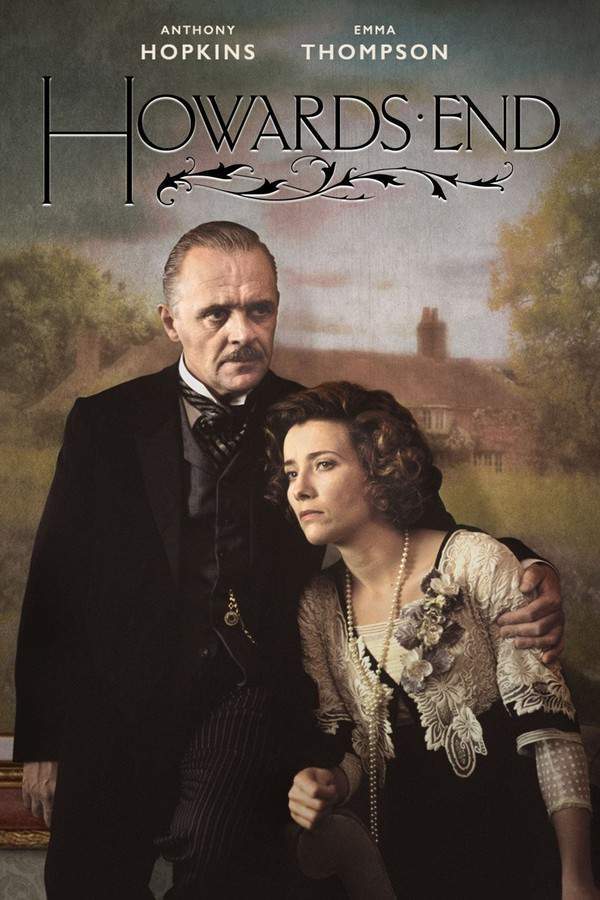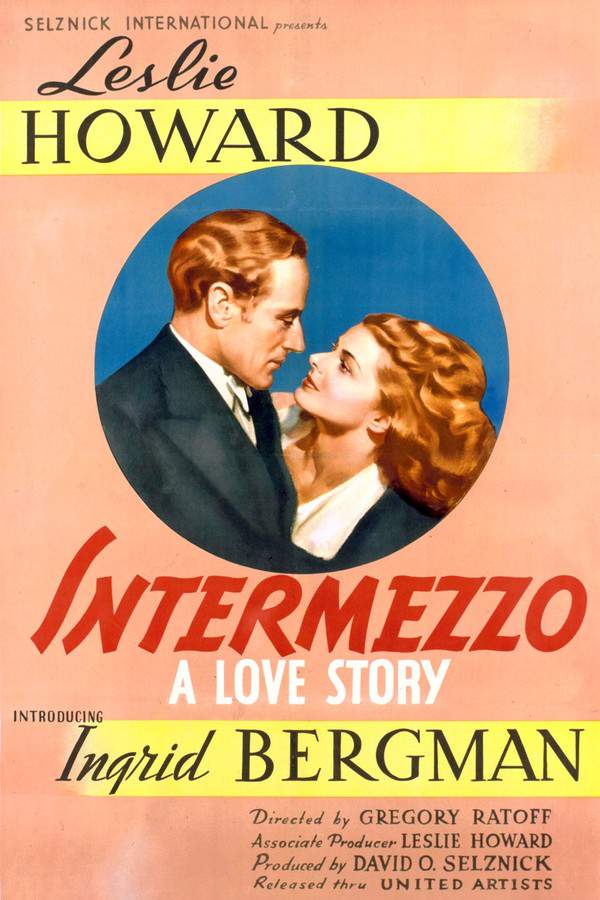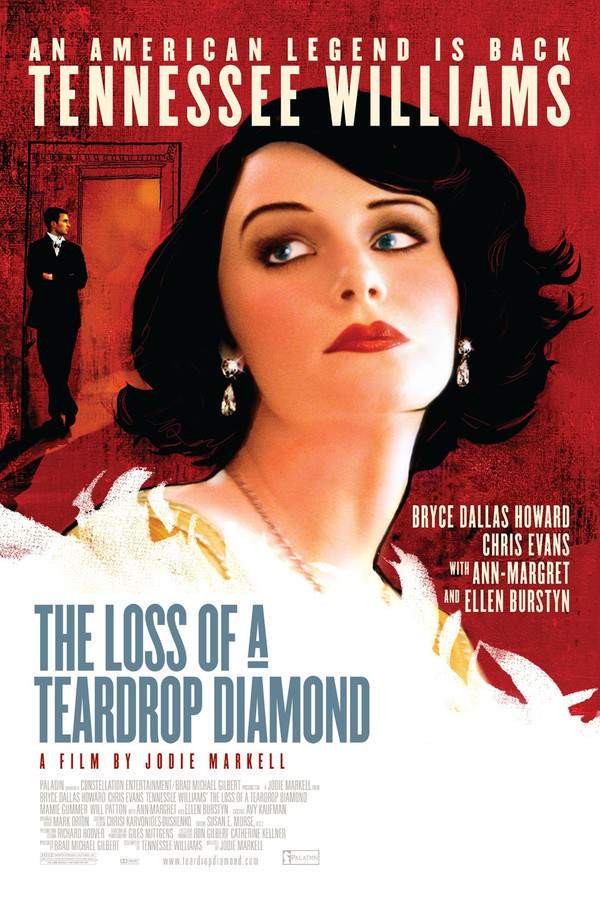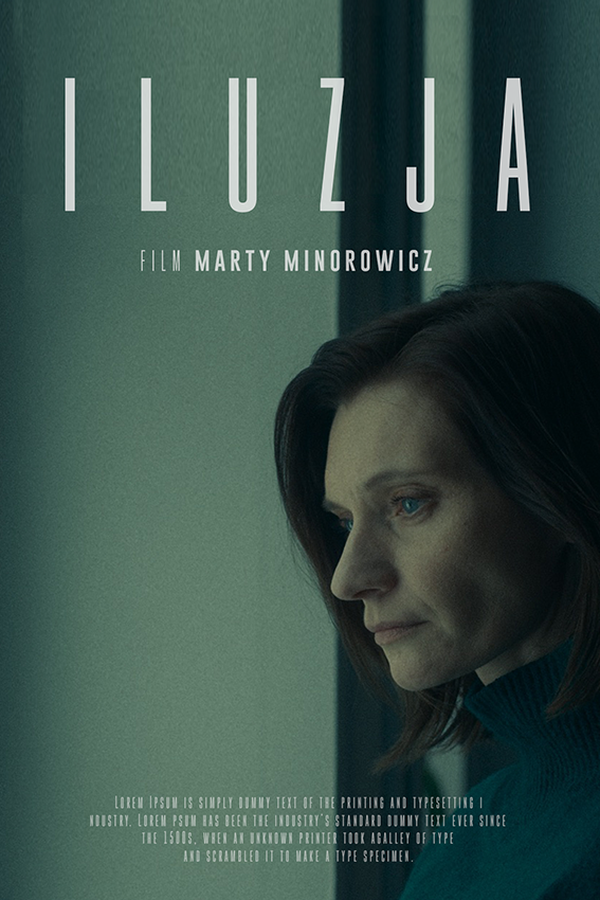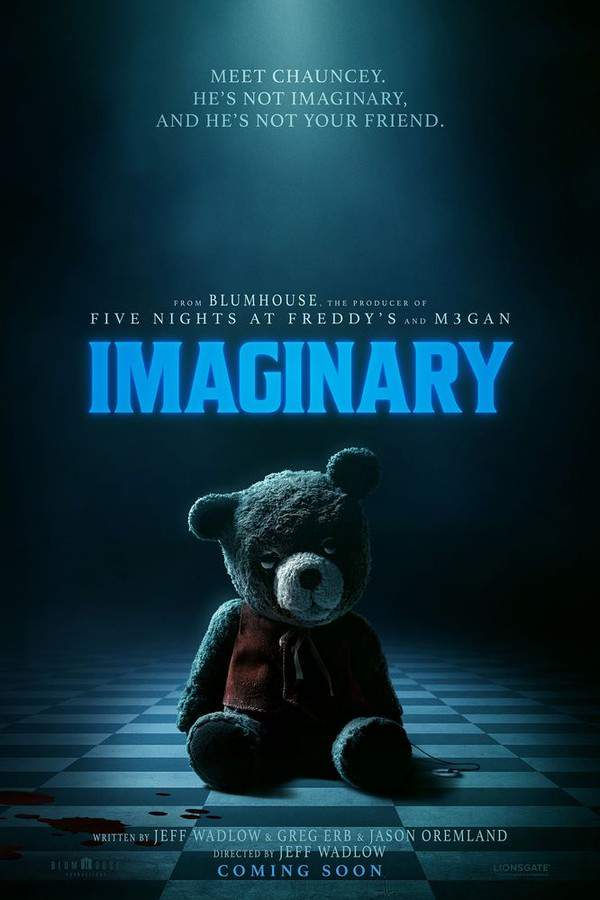
Imaginary Crimes
Year: 1994
Runtime: 105 mins
Language: English
Director: Anthony Drazan
When a father cannot fulfill his own ambitions, his daughter is forced to defend her own. A recently widowed, small‑time hustler in 1960s Portland, Oregon, struggles to raise his two daughters alone while continuing his dishonest work, and his older daughter steps up to protect the family’s future.
Warning: spoilers below!
Haven’t seen Imaginary Crimes yet? This summary contains major spoilers. Bookmark the page, watch the movie, and come back for the full breakdown. If you're ready, scroll on and relive the story!
Imaginary Crimes (1994) – Full Plot Summary & Ending Explained
Read the complete plot breakdown of Imaginary Crimes (1994), including all key story events, major twists, and the ending explained in detail. Discover what really happened—and what it all means.
In 1962 Portland, Oregon, Ray Weiler is a widowed, charismatic con artist who raises his two daughters, Sonya and Greta. His wife, Valery, died years earlier after a long battle with cancer. Ray drifts from one grandiose, half‑baked business scheme to the next, never facing up to financial responsibilities, and the family has spent most of the girls’ childhood in a cramped basement apartment. After Valery’s death, Ray sinks into a deep depression and the family moves to a transient hotel in downtown Portland.
With Ray’s persistent charm, Sonya enrolls for her senior year at the prestigious Edgemont Academy, following in her mother’s footsteps. She befriends Margaret, and is taken under the wing of Mr. Webster, an English teacher who recognizes Sonya’s talent as a writer. When their landlord pressures the family over unpaid rent, Ray returns with a large cash sum earned through a money-laundering scheme involving a local mining company. He pays off debts and treats his daughters to ice cream, celebrating his latest “success” even as the situation remains precarious.
Mr. Webster pushes Sonya to take college entrance exams; after applying, Sonya is accepted at the University of California, Berkeley. Shortly after, Eddie and Jarvis confront Ray at home, claiming he stole money from them. A charge from Bud Rucklehaus and others follows, accusing him of a fraudulent investment. Ray is charged with grand larceny and fraud. With [Mr. Webster] having helped by posting bail, Ray plans to flee to Reno with his allies; Sonya resents the idea and a heated exchange follows, after which she and Greta leave the car and Ray continues on toward Reno.
The next morning, police arrive with a warrant for Ray; Greta is taken by child services, and Sonya—now eighteen—no longer has guardianship. Ray reaches Reno with Eddie, but remorsefully returns to Portland to plead with the judge overseeing his case to protect his daughters from testifying [Judge Klein]. A day later, Sonya attends her high school graduation from Edgemont Academy. After the ceremony, she apologizes to Mr. Webster for her father’s actions and says she plans to work a summer job to repay him. Moments later, Ray and Greta arrive in a police car to mark Sonya’s achievement as the family begins to move forward from the turmoil. In a closing voiceover, Sonya recounts how she raised Greta while her father served his prison sentence; after his release, he remained fixated on new metals, ore, and space technology opportunities. Years later, Ray ventures into the mountains and dies from the cold.
Last Updated: October 09, 2025 at 09:25
Explore Movie Threads
Discover curated groups of movies connected by mood, themes, and story style. Browse collections built around emotion, atmosphere, and narrative focus to easily find films that match what you feel like watching right now.
Movies about burdened daughters and their fathers like Imaginary Crimes
Stories where young women must parent their flawed fathers to survive.If you were moved by the relationship in Imaginary Crimes, explore more movies where daughters step into adult roles due to their fathers' shortcomings. These films share themes of family responsibility, parental failure, and the strength it takes to protect a fragile family unit.
Narrative Summary
These stories typically follow a linear, character-driven progression where a father's inability to cope—due to grief, addiction, or ambition—forces his daughter to take on the role of protector, provider, or moral compass. The central conflict is internal and external, balancing familial duty with the daughter's own stifled dreams.
Why These Movies?
Movies are grouped here for their shared focus on a specific, emotionally charged family dynamic. They resonate through their melancholic tone, medium emotional weight, and the consistent theme of a child's innocence being sacrificed for the sake of an unstable parent.
Gritty nostalgic dramas with bittersweet endings like Imaginary Crimes
Character-driven period dramas where resilience is met with mixed outcomes.Find more movies like Imaginary Crimes that capture a nostalgic, gritty atmosphere with steady pacing and a bittersweet conclusion. These character-driven period dramas focus on everyday struggles and the complex mix of loss and resilience that defines their endings.
Narrative Summary
Narratives in this thread are typically linear and grounded, unfolding in a carefully rendered historical setting. The plot is driven by character decisions and external pressures rather than high-concept events, building towards a conclusion that is realistically mixed—acknowledging small victories alongside significant, permanent losses.
Why These Movies?
These films are united by a specific combination of tone, setting, and narrative structure. The melancholic, nostalgic mood, steady pacing, and ultimately bittersweet resolution create a coherent viewing experience for those seeking thoughtful, emotionally resonant period stories.
Unlock the Full Story of Imaginary Crimes
Don't stop at just watching — explore Imaginary Crimes in full detail. From the complete plot summary and scene-by-scene timeline to character breakdowns, thematic analysis, and a deep dive into the ending — every page helps you truly understand what Imaginary Crimes is all about. Plus, discover what's next after the movie.
Imaginary Crimes Timeline
Track the full timeline of Imaginary Crimes with every major event arranged chronologically. Perfect for decoding non-linear storytelling, flashbacks, or parallel narratives with a clear scene-by-scene breakdown.

Characters, Settings & Themes in Imaginary Crimes
Discover the characters, locations, and core themes that shape Imaginary Crimes. Get insights into symbolic elements, setting significance, and deeper narrative meaning — ideal for thematic analysis and movie breakdowns.

Imaginary Crimes Spoiler-Free Summary
Get a quick, spoiler-free overview of Imaginary Crimes that covers the main plot points and key details without revealing any major twists or spoilers. Perfect for those who want to know what to expect before diving in.

More About Imaginary Crimes
Visit What's After the Movie to explore more about Imaginary Crimes: box office results, cast and crew info, production details, post-credit scenes, and external links — all in one place for movie fans and researchers.

Similar Movies to Imaginary Crimes
Discover movies like Imaginary Crimes that share similar genres, themes, and storytelling elements. Whether you’re drawn to the atmosphere, character arcs, or plot structure, these curated recommendations will help you explore more films you’ll love.
Explore More About Movie Imaginary Crimes
Imaginary Crimes (1994) Scene-by-Scene Movie Timeline
Imaginary Crimes (1994) Movie Characters, Themes & Settings
Imaginary Crimes (1994) Spoiler-Free Summary & Key Flow
Movies Like Imaginary Crimes – Similar Titles You’ll Enjoy
Illusion (2006) Film Overview & Timeline
Imaginary (2024) Full Summary & Key Details
A Father’s Choice (2000) Movie Recap & Themes
Immensity of Justice (2006) Spoiler-Packed Plot Recap
The Prodigal Daughter (1981) Film Overview & Timeline
My Father Lives in Rio (1989) Detailed Story Recap
The Girls and Daddy (1909) Movie Recap & Themes
Crime of Crimes (1989) Story Summary & Characters
Strange Illusion (1945) Movie Recap & Themes
Street of Women (1932) Full Movie Breakdown
Daughter of Deceit (1951) Film Overview & Timeline
Delinquent Daughters (1944) Ending Explained & Film Insights
Crime Thief (1969) Complete Plot Breakdown
The Crime of Oribe (1950) Story Summary & Characters
Rebellious Daughters (1938) Story Summary & Characters



